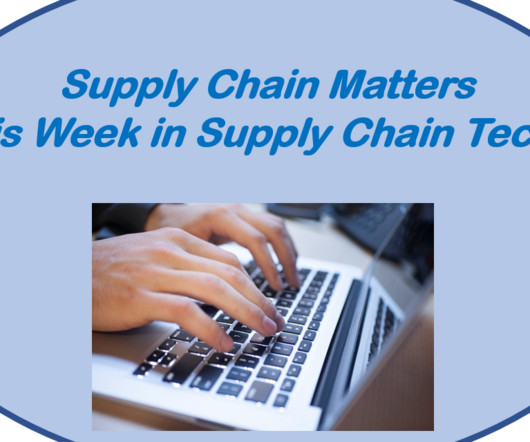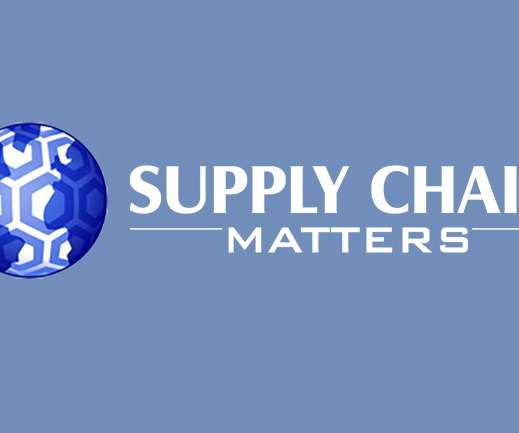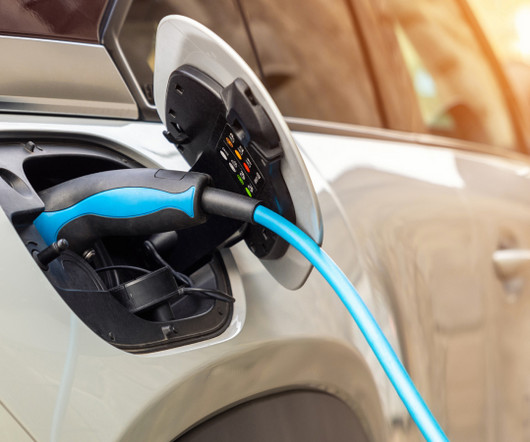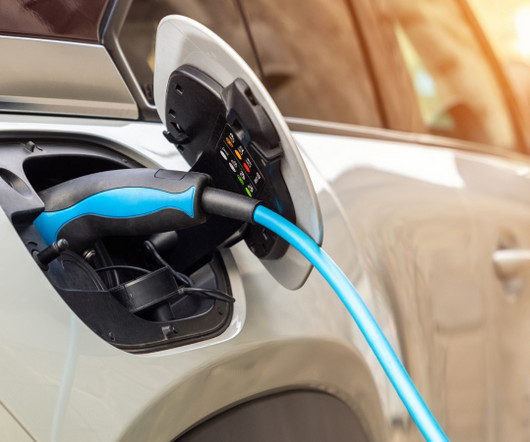Supply Chain Matters This Week in Supply Chain Tech August 30 2023
Supply Chain Matters
AUGUST 30, 2023
The company established a partnership with Panasonic Energy of North America in 2019 and since then, battery cell production scrap coming from the Tesla Gigafactory in Sparks, Nevada (in which Panasonic is the battery cell manufacturer) has been recycled by Redwood. Former investment partners reportedly also participated. for the first time.

















Let's personalize your content